Wed, May 3rd 2023

Data shows that the number of houses available to rent has reached a 10-year low: there are 5.6 rent-seekers for every property available on the market, an increase of two people since 2021. The number of listings has also declined by an average of 40% in the last six months, according to Wüest Partner.
Raiffeisen Chief Economist Martin Neff notes that the official vacancy rate in densely populated Swiss cities has already fallen below the 1% mark. It means vacant homes are rare, and the free ones are expensive.
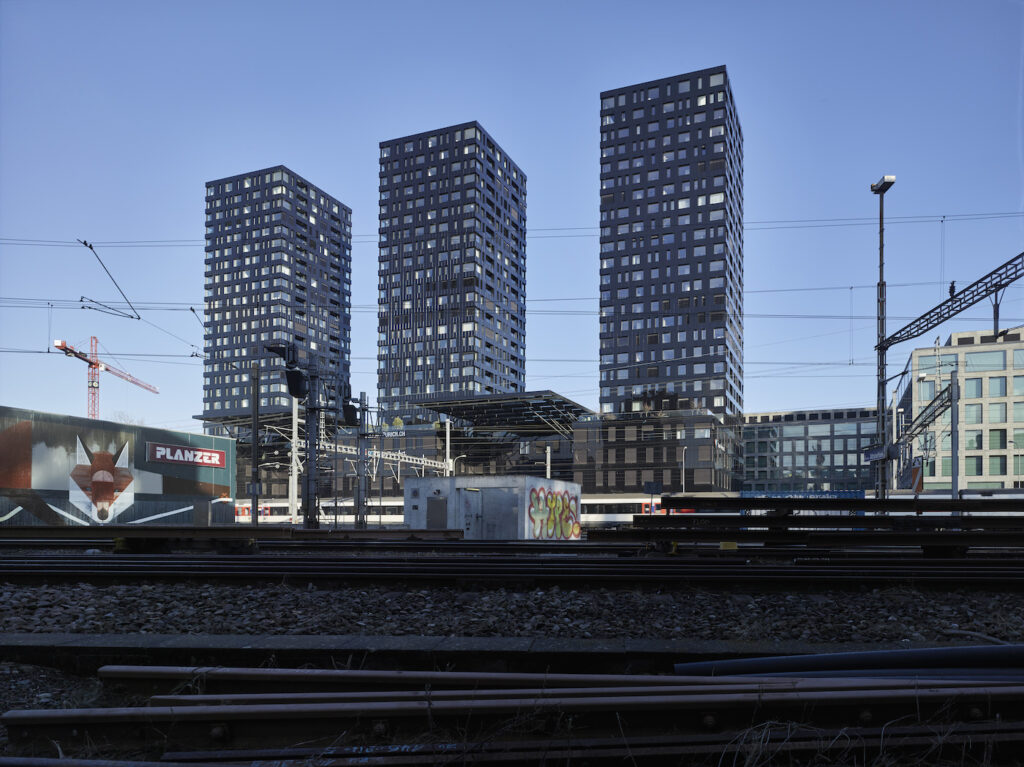
Real estate experts say the low vacancy rate is a combination of population growth and a decline in the number of new properties built.
With population growth outpacing the number of homes available, Switzerland is heading towards its biggest housing shortage in 30 years, according to local newspaper NZZ.
In July 2022, Switzerland’s permanent resident population hit a record 8.74 million people. According to calculations by the SonntagsZeitung, the Swiss population is set to surpass nine million by the end of 2023.
Switzerland’s steep population growth can be attributed to a surge in immigration, an acute talent shortage, and an aging population.
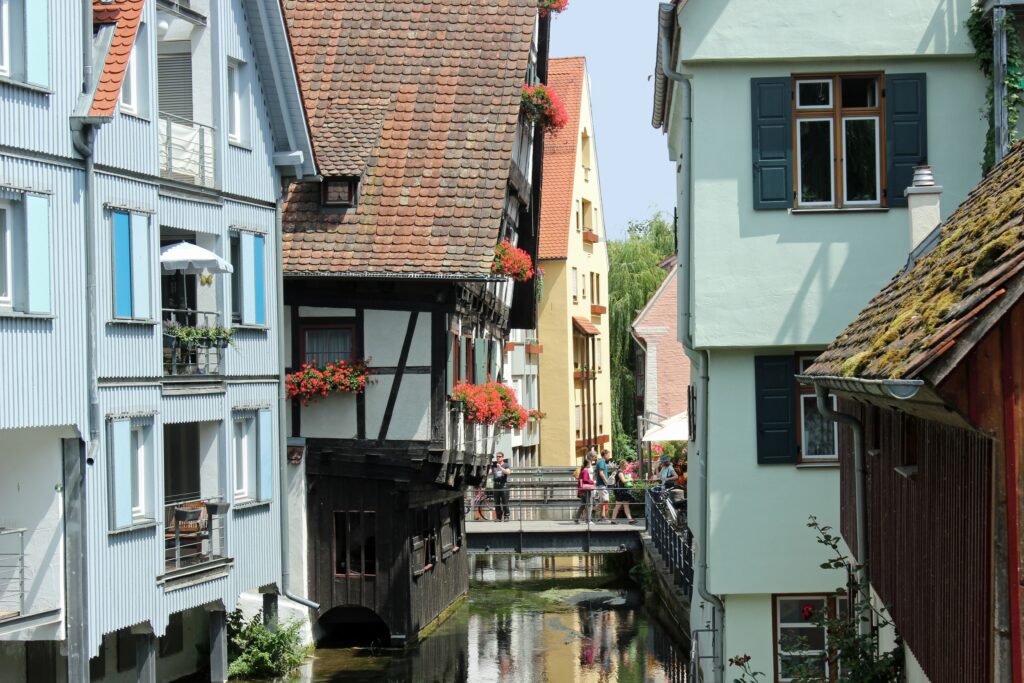
The war in Ukraine has led to the largest European refugee crisis since the end of the World War II (8.1 million people). According to the State Secretariat for Migration, approximately 70,000 Ukrainian refugees are living in Switzerland.
Conservative groups, like the right-wing Swiss People’s Party (SVP), point to refugees as the root cause of population growth and the housing crisis, but the reality is more complex.
“Right now, Ukrainians are counted among the non-permanent resident population,” FSO director Johanna Probst told The Local. She added that refugees are not considered part of the “permanent” population numbers until one year after arriving.
Many refugees are housed by Swiss host families, while thousands of others live in federal asylum centers and on Swiss military bases. Refugees seeking accommodation outside these options must secure housing independently.
An additional 32,700 immigrants from other countries also came to Switzerland in this period, along with 6,800 asylum seekers.
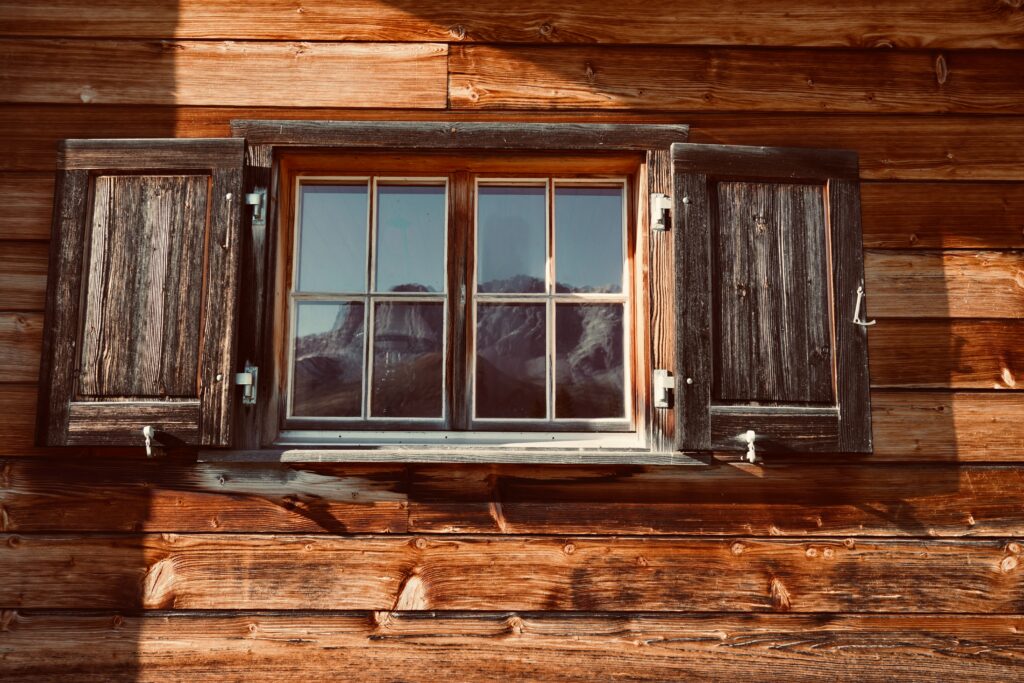
Peeling back the layers reveals that refugees can’t fully account for the drastic housing shortage in Switzerland. The country is also facing a historic labor shortage.
The latest skills index by the University of Zurich has found that the skilled worker shortage has never been so severe. According to ManpowerGroup, 74% of companies in Switzerland struggle to hire the necessary personnel.
But foreigners moving to Switzerland aren’t taking jobs away from citizens or permanent residents. On the contrary, the need for personnel is amplified by the lowest unemployment rate in 20 years — 2.2%, according to the State Secretariat for Economic Affairs.
This acute lack of skilled workers has led to an upsurge in people relocating to Switzerland to plug the job vacancies.
Although expats filling jobs contributes to the housing shortage, other factors are at play. More people are choosing to live alone thanks to salary increases. Elderly people are also returning to the country, an increase of 5.000 compared to 2021. Likewise, Switzerland’s long life expectancy has contributed to increasing one to two-member households occupying larger homes.

One may assume that high demand for housing would drive investors to build more real estate, but in Switzerland, that hasn’t been the case.
While the population is growing faster than ever, the number of new apartments built is at an all-time low — building permits have fallen to a 25-year low. Real estate is less appealing to investors than a few years ago. Investors are put off by the strict building laws, the price of land, and increased construction costs. Covid-19 also contributed to uncertainty in the market.
Until recently, investors could obtain a 10-year mortgage from banks at around 1%, but today mortgages are around 3%. The shrinking profit margin means fewer investors are willing to put their money into real estate. A cost of 3% financing on an asset that provides an average 3% return leaves investors with a meager net earning, Donato Scognamigli, head of the real estate consultancy Iazi, explains.
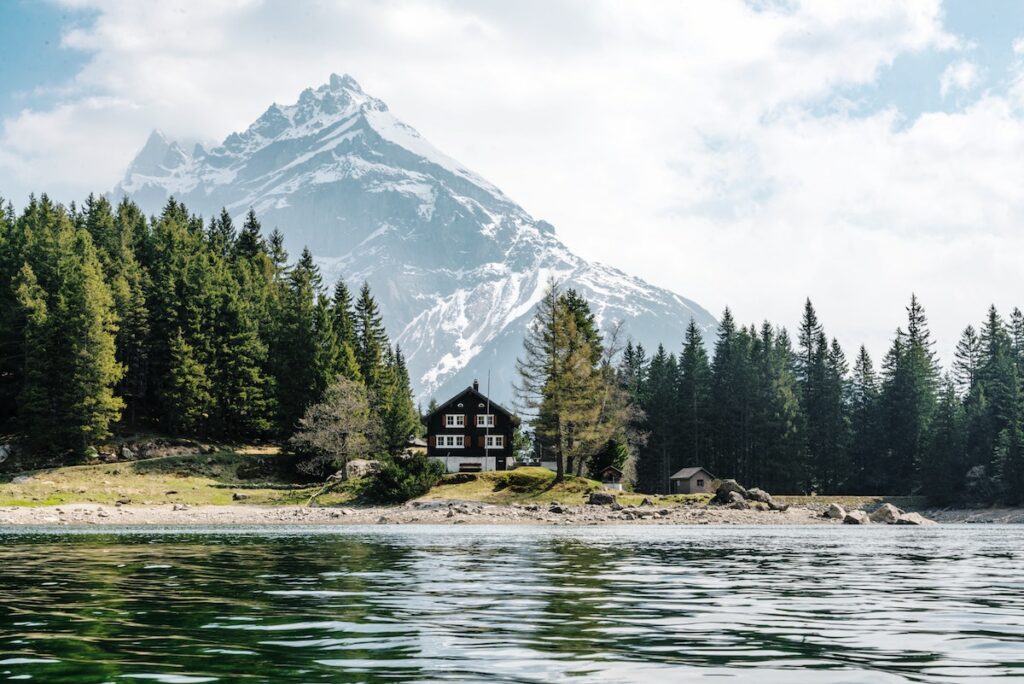
Despite the increased demand for housing, building zones for residential housing have not expanded in the previous ten years. Research by Zürcher Kantonalbank states that the general building conditions pose a major problem.
“Everyone is in favor of [more houses], but not on their own doorstep. As a result, the construction of new houses has become full of hurdles,” according to the bank’s report.
Swiss laws reflect this paradigm. The revised Spatial Planning Act (SPA) of 2014, intended to slow urban sprawl, has limited the amount of land available to build on for residential use. “In the last ten years since the act was passed, building zones for residential use have shrunk. Around 40% of building zones in rural and peri-urban municipalities do not have public transport access or such access can only be described as marginal” writes Dr. Fabian Waltert, in Credit Suisse’s 2023 real estate study.
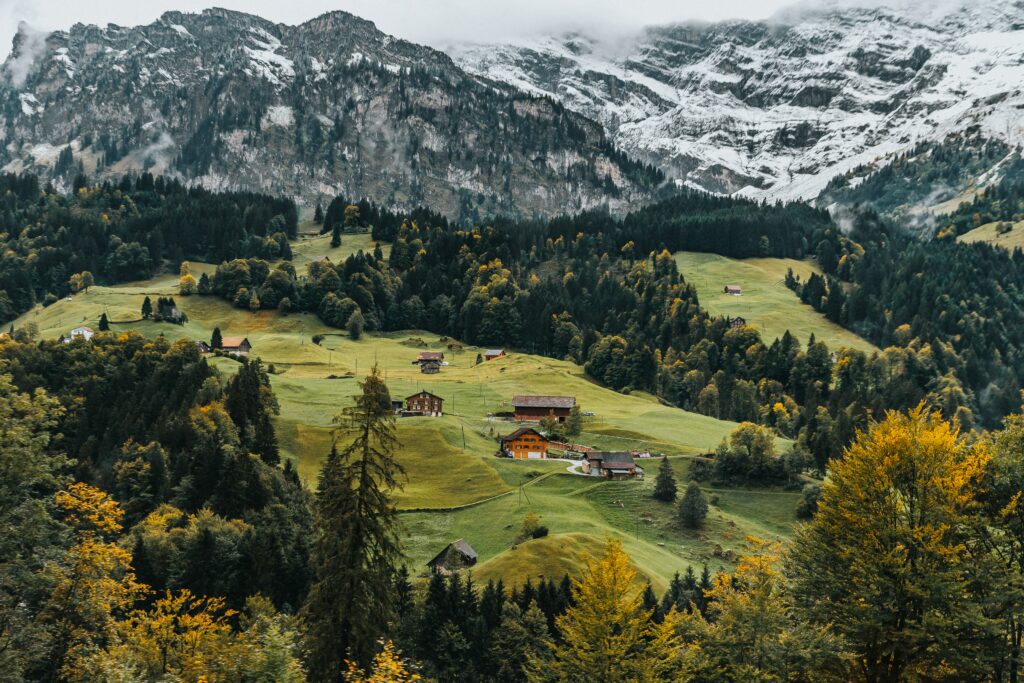
With supplies being so scarce, the immediate result is rising housing costs for tenants, NZZ says. And Switzerland is a country of tenants. A clear majority of the resident population, 58%, rent their homes.
Raiffeisen predicts that rental costs for new tenants will rise significantly in the next year due to the housing shortage.
Current tenants will only have to worry about higher rental costs when the reference interest rate, set by the government, rises, which is only expected in 2023.
What remains to be seen is how Swiss families who are working to make ends meet with inflation, increased food prices and skyrocketing energy costs will cope.
This article may be freely shared and re-printed, provided that it prominently links back to the original article.
